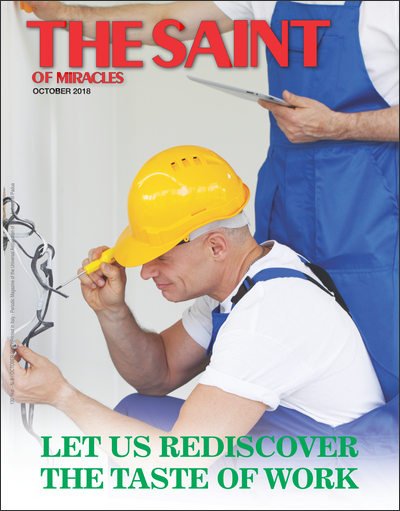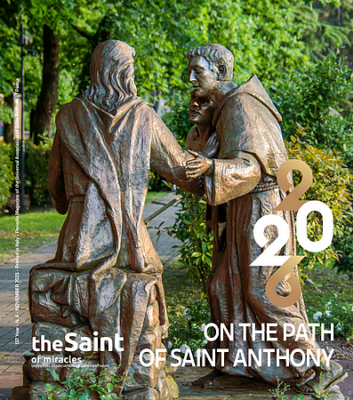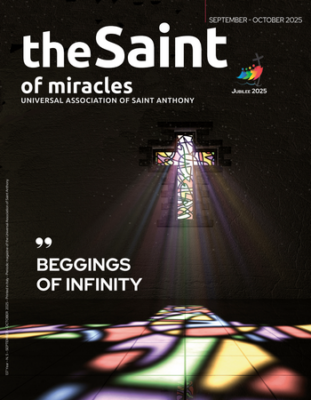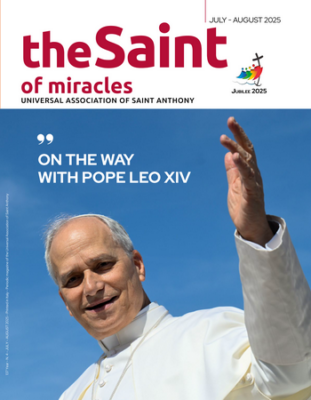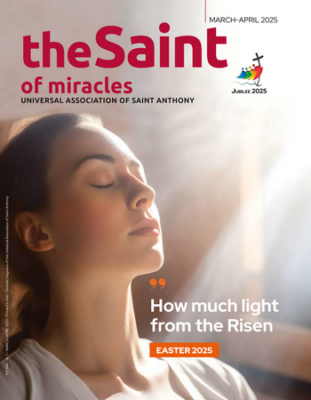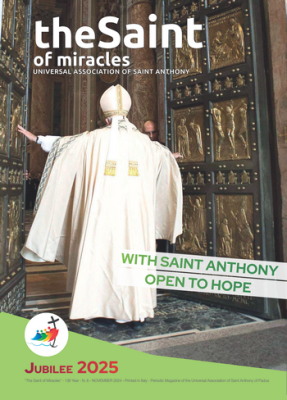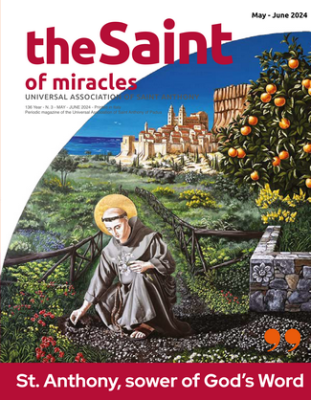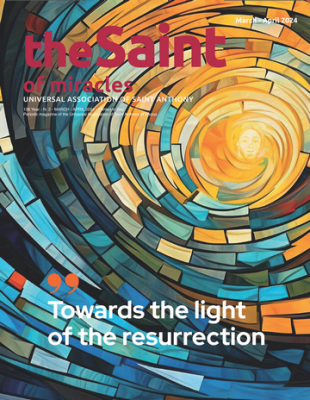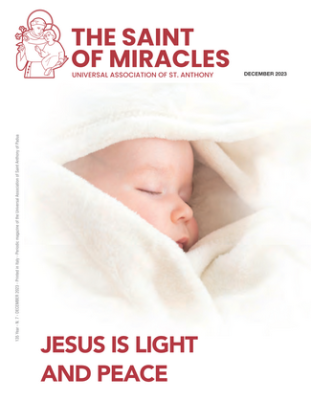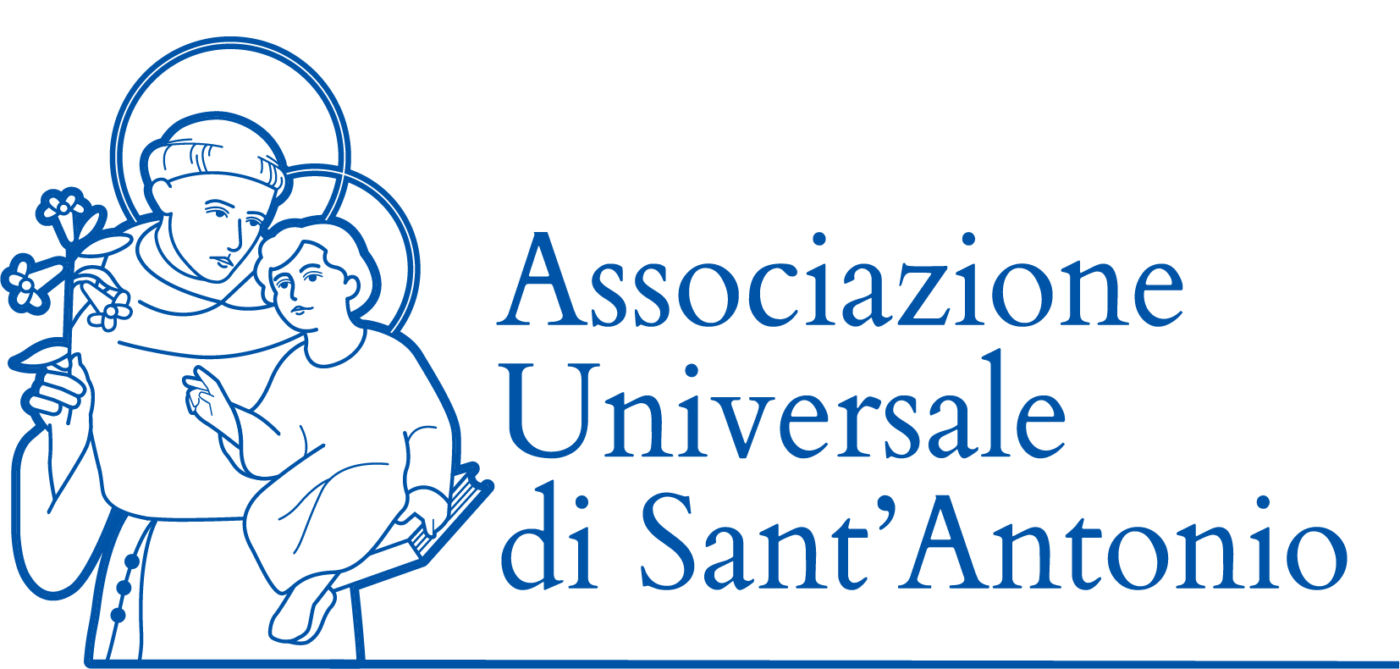Year 130 - October 2018Find out more
Blessed work...
Fr. Livio Tonello, director

There is a lot of talk about it, especially because many people cannot find it or because it is badly distributed. The future does not look rosy and young people are increasingly disheartened. Ecclesial circles have also given their attention to this problem. Because work has a spiritual as well as material nature. It has to do with God’s creative work. It is indeed a human work, but it finds its roots of meaning in God the Creator.
From the beginning God is at work, creates and then rests satisfied for what he has done (Gen 1-2). The fact that man has been “condemned” to toil and to “the sweat of the brow” to draw nourishment from the ground (Gen 3:17-19) is the natural consequence of having separated the meaning of his action from his participation in God’s creative work. When the source and the horizon of meaning are lost, the value and strength to live it are lost.
The Church has always explained the meaning of human work by grasping its intimate spirituality. The social encyclicals starting with Pope Leo XIII with Rerum novarum, the Social Weeks of Catholics, and the commitment to workers are well known. «By their labour [men and women] are unfolding the Creator’s work, consulting the advantages of their brothers and sisters, and contributing by their personal industry to the realization in history of the divine plan».
Ecclesial interest and care for the economic world are not primarily aimed at creating jobs, producing, securing wages. This is the task of social policies. Christian thought invites us to remember the original “vocation” inherent in the works of our own hands, a call from God which finds in the human response the realization of the dignity of the person. Speeches and disputes related to the loss of one’s fixed place, the slow growth of GDP (gross domestic product), globalization, immigration... are certainly more immediate and binding.
And the demands do not always fully grasp the basic needs. How many workers are dissatisfied with their employment, do not feel fulfilled in what they do, live with stress the hours spent in the office or in the factory, see important values of life fade away... The controversy surrounding the opening of supermarkets and shops on Sundays is immediately evident. It shows that the last word is not about profit, but about significant dimensions that help to live better.
You should work to live and not live to work. It is not enough to improve conditions, to give everyone a place: we must rediscover the taste for what comes out of our hands, our imagination, our industriousness. It is no coincidence that those manual jobs that have long since disappeared – handicrafts that enhance the quality of the person who produced them – are re-emerging (also as a result of necessity). Often they are linked to the land, to cultivation, to production not in series, as in the past. It is not only man who creates work, but also work that shapes and realizes the person.
The complacency of God, who on the sixth day of His creation “saw that it was good”, should be the complacency of each one who finds a blessing in what he or she does. We should all feel like collaborators in a larger project of which we are a part and which for the most part depends on us and is therefore blessed by the Creator.


 Italiano
Italiano Français
Français